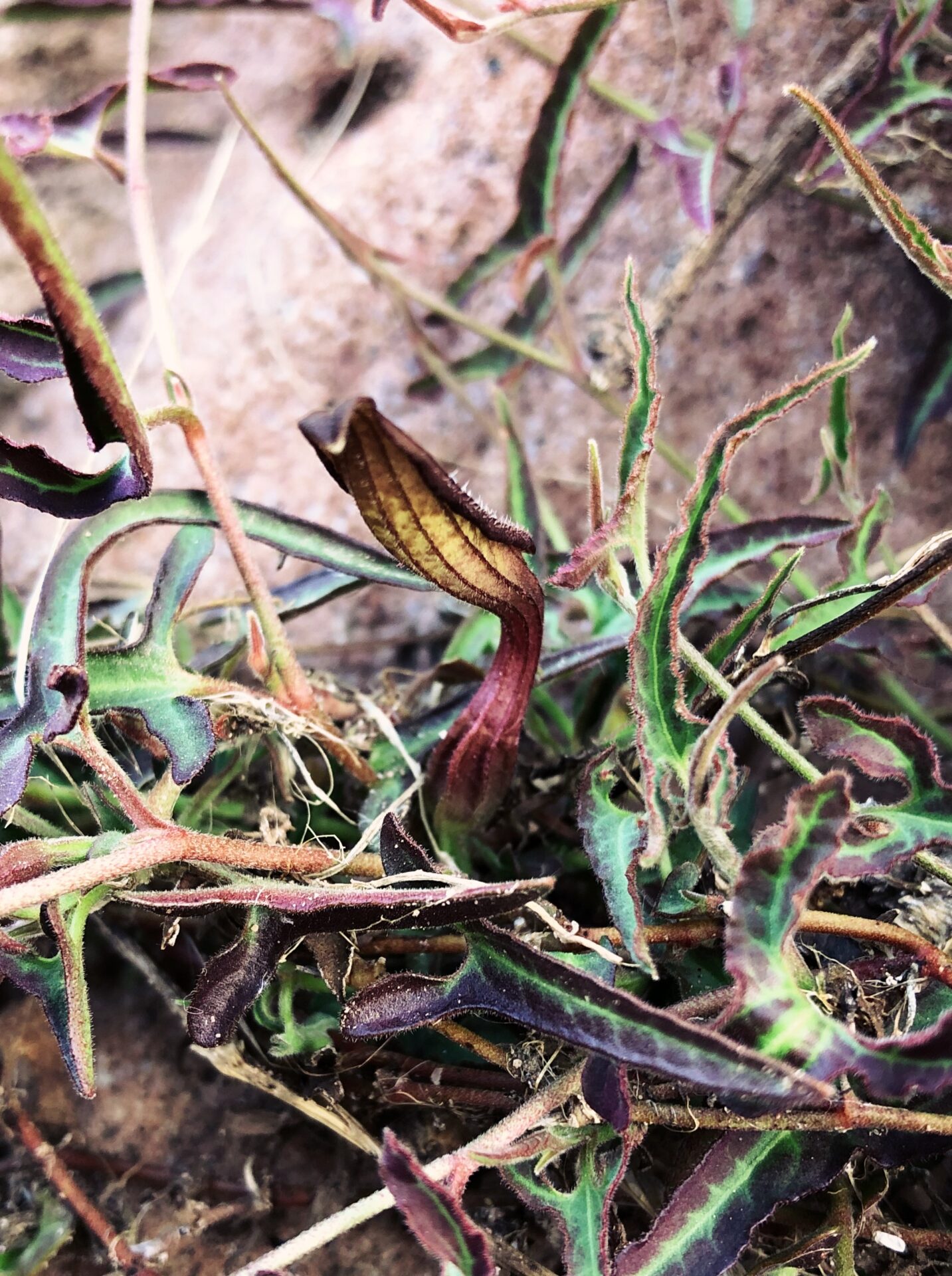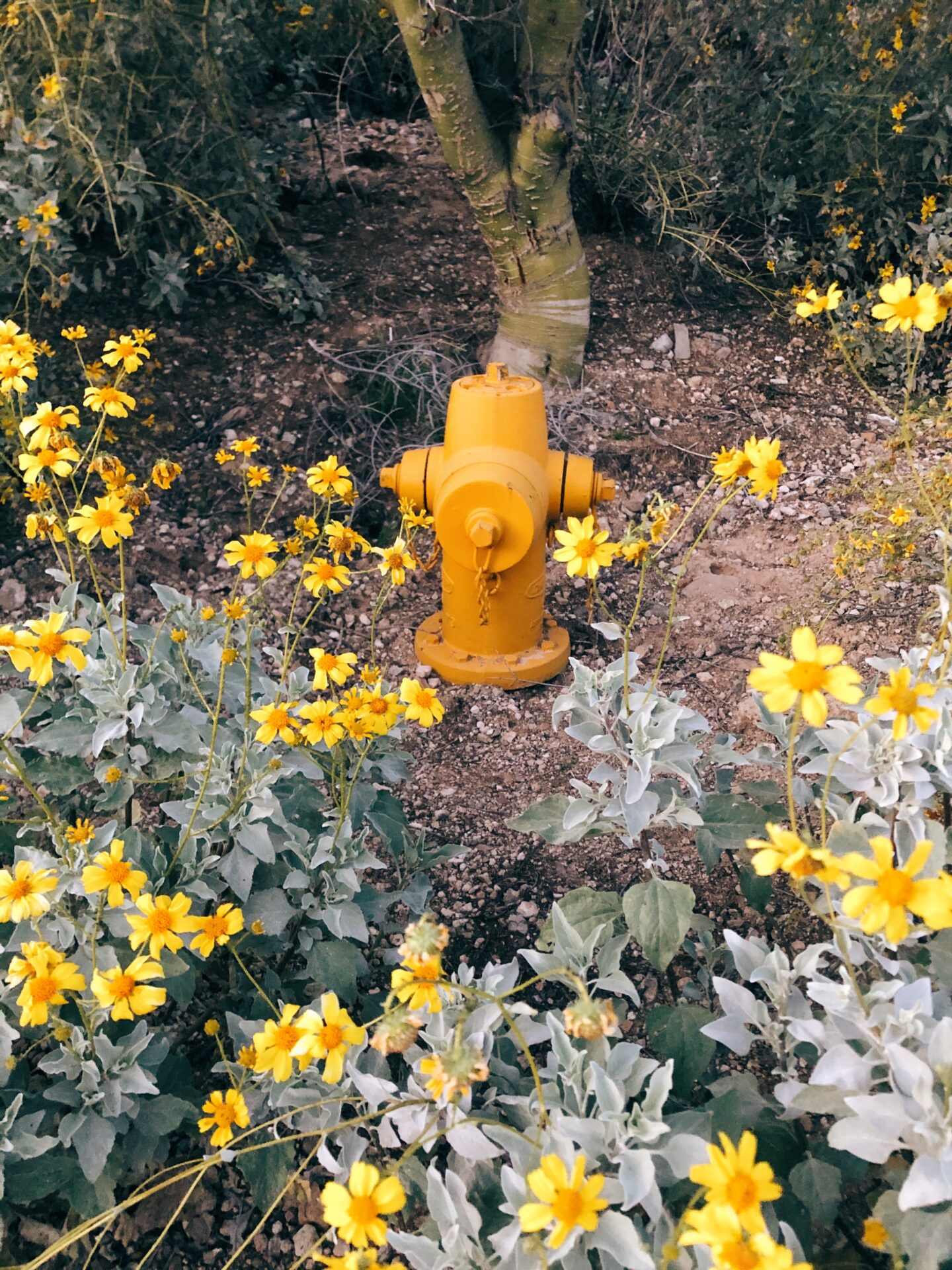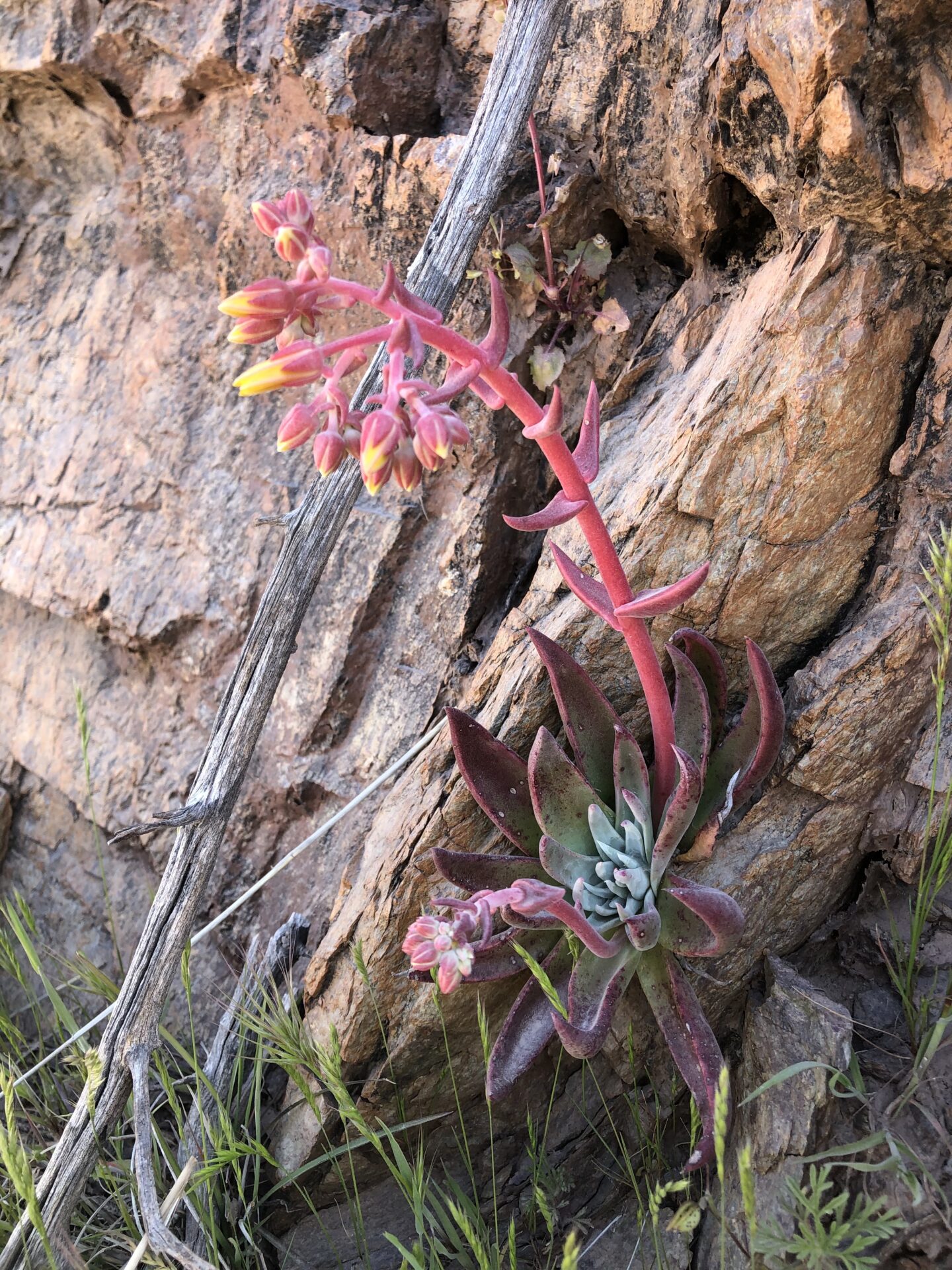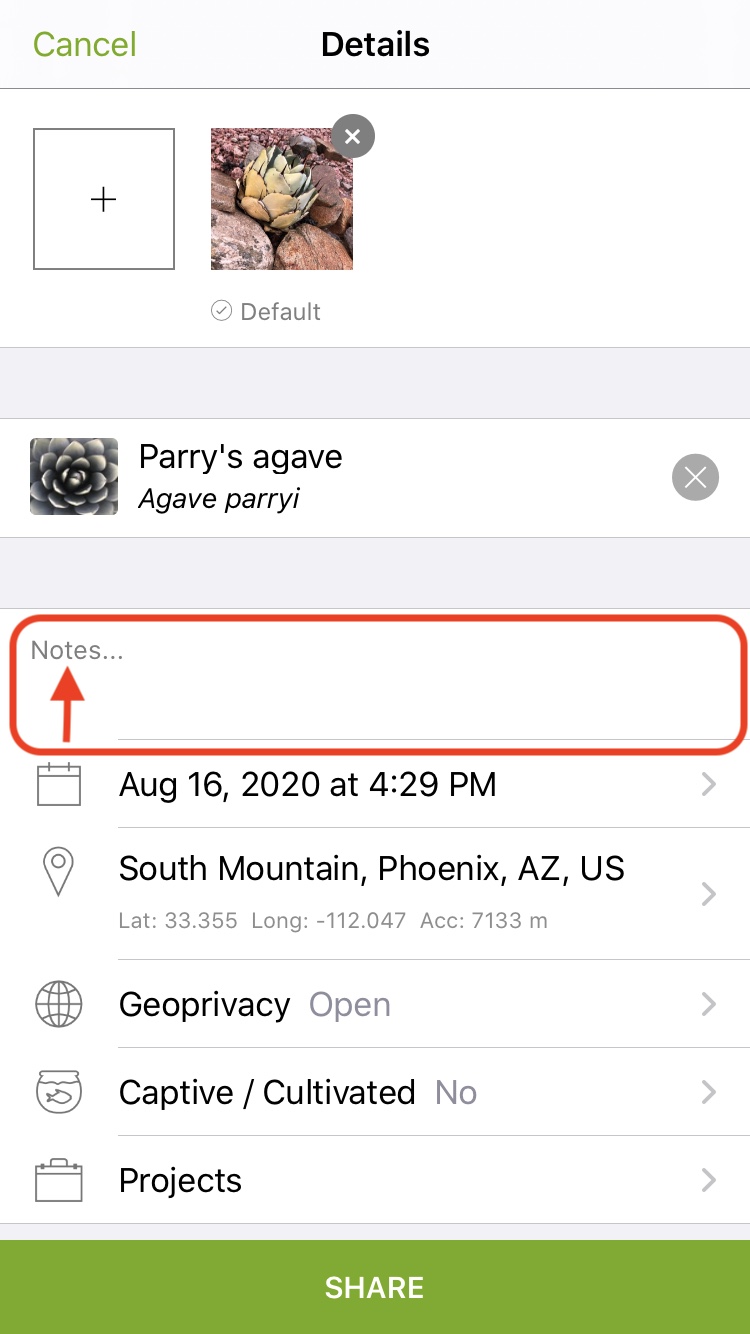Candelilla (Euphorbia antisyphilitica)
Join the December EcoQuest: Praiseworthy Plants
For this EcoQuest, find and map the plants that are close to you.
For this EcoQuest, you will need to join to have your observations counted.
For this December EcoQuest, we’re doing things a little different. In the spirit of the holidays, we invite you to observe plants that are close to you, ones that you’re grateful for and ones that resonate with you. Observations from this EcoQuest can increase our appreciation of plants and the way they brighten our day-to-day lives.
HOW TO OBSERVE:
- JOIN the EcoQuest to have your observations counted.
- OBSERVE plants that are close to you in your own yard or neighborhood, or plants anywhere that have meaning to you.
- SHARE your stories and praise with us. Tell us why the plants you chose are praiseworthy. In the Notes section of your observation (see below for help), tell us why you appreciate them or what they mean to you. Did you grow up with lavender growing in the yard? Is there a specific plant smell that is memorable to you? Did you learn more about a plant through an EcoQuest?
We will read your stories and share them on social media all month long, and they could be used in future publications for EcoFlora.
NOTE: If you would like to make observations at or near your home, but do not want to share where you live, you can set your location preference to Private or Obscured. Obscured is recommended, as it places your observation randomly in a 2-square kilometer square area. Private is also an option, but this does not allow anyone (including EcoFlora) to see the location and the observation cannot become research grade.

How many animal names do you know? How many plants do you know the names of? Can you name an endangered animal? Now how about an endangered plant? For many people, plants are not as charismatic or relatable as animals, and they tend to know less about them.
Plants are incredible. They can often be underappreciated and overlooked, but plants are the foundation of ecosystems. They live their own incredible lives and are capable of bewildering acts. Did you know the flowers of Watson’s Dutchman’s pipe (Aristolochia watsonii) grow to resemble a rodent ear to lure in biting flies that pollinate them? And they put off a musty smell that is said to be like a rodent. How do they even know what a rodent looks or smells like? How amazing is that? Plants provide food and habitat for animals and humans. They are the base of the food chain, provide medicine, fiber, shelter, create oxygen, absorb carbon dioxide and regulate water cycles. Their presence alone contributes to our mental and physical well-being. It’s difficult to imagine a world without them. Humans certainly couldn’t survive in such a place.


Can you see the rodent ear resemblance in shape and vein-like lines?
In the late 90s, two botanist and biology educators wrote about “plant blindness,” which refers to human’s inability to see or notice the plants in their own environment. The term plant invisibility or similar is now being used in place of plant blindness. This uses more inclusive language and does not make use of a disability metaphor. More information about this can be found here. The idea remains the same that humans have the tendency to disregard plants, even if unintentionally. Plants can blend into the background of our everyday lives, like a fire hydrant or park bench. They tend to go unnoticed until we need them or use them. Plant invisibility also includes the lack of understanding about how important plants are, for people and the planet.

Brittlebush (Encelia farinosa)
This also makes plant conservation more difficult. Plants receive far less attention in illegal wildlife trade policy and research. In 2011 plants made up 57% of the federal endangered species list in the United States but received less than 4% of federal endangered species funding. Recently, after massive poaching incidents of the Dudleya species, California approved a bill that specifically protects this species and establishes penalties for poaching. It is the first piece of legislation that deals specifically with plant poaching.

Gila County Liveforever (Dudleya saxosa ssp. collomiae)
For this EcoQuest, we encourage you to take a moment to really look at the plants around you. What can you notice? How many different plants do you see? Are there insects or animals visiting that plant? Learn their names. By taking the time to better understand and appreciate plants, we have a better idea of how the natural world is connected and how we are part of this connection. Plant conservation starts with you, right where you are. 💚
RECOMMENDED READING: In Defense of Plants: An Exploration into the Wonder of Plants by Matt Candeias. Find the book here, or read the blog here. You can also listen to the In Defense of Plants podcast.
Observations from this EcoQuest can increase plant appreciation and visibility, learn more from a social science perspective, and better understand how we are connected to urban ecosystems.
HELP WITH NOTES
When you upload your observation, type your praise or story in the Notes section.
On the website, in the iPhone app, in the Android app:



SOURCES AND MORE INFORMATION:
Plants People Planet: Are Humans Really Blind to Plants?
Plants People Planet: Overcoming Plant Blindness in Science, Education, and Society
USFWS: Threatened or Endangered Plants
Getting Plant Conservation Right (or Not): The Case of the United States
EcoQuests are month-long challenges that are part of the larger Metro Phoenix EcoFlora project. Learn more by visiting our website.
Look for project happenings, EcoQuest announcements and more in the newsletter, project journal and on social media.
Sign up for the newsletter, The Metro Phoenix Field Guide.
Let’s be social on Instagram, Facebook, and Twitter.
Please do not observe indoor houseplants or pets.
For your own safety and the protection of plants and wildlife, do not trespass when making observations. Please follow all posted rules and guidelines in parks/preserves and do not enter private property.
Do not remove or move natural materials (plants, animals, rocks).
Respect wildlife (do not touch, feed, or disturb animals and keep a safe distance).
Observe COVID-19 Guidelines/Recommendations.
This is a great opportunity to observe and appreciate nature in our neighborhoods as we all navigate the complications of COVID-19. It is imperative that you follow COVID-19 guidelines/recommendations (wear a mask, practice physical distancing and wash your hands).
Do what’s best for you and your community.
For more COVID-19 information and guidelines, visit:
https://www.inaturalist.org/projects/city-nature-challenge-2020/journal/31768-cnc-covid-19
https://www.inaturalist.org/blog/31664-exploring-nature-when-you-re-stuck-at-home
Arizona Office of Tourism: Responsible Recreation in AZ
https://tourism.az.gov/responsible-recreation-across-arizona
